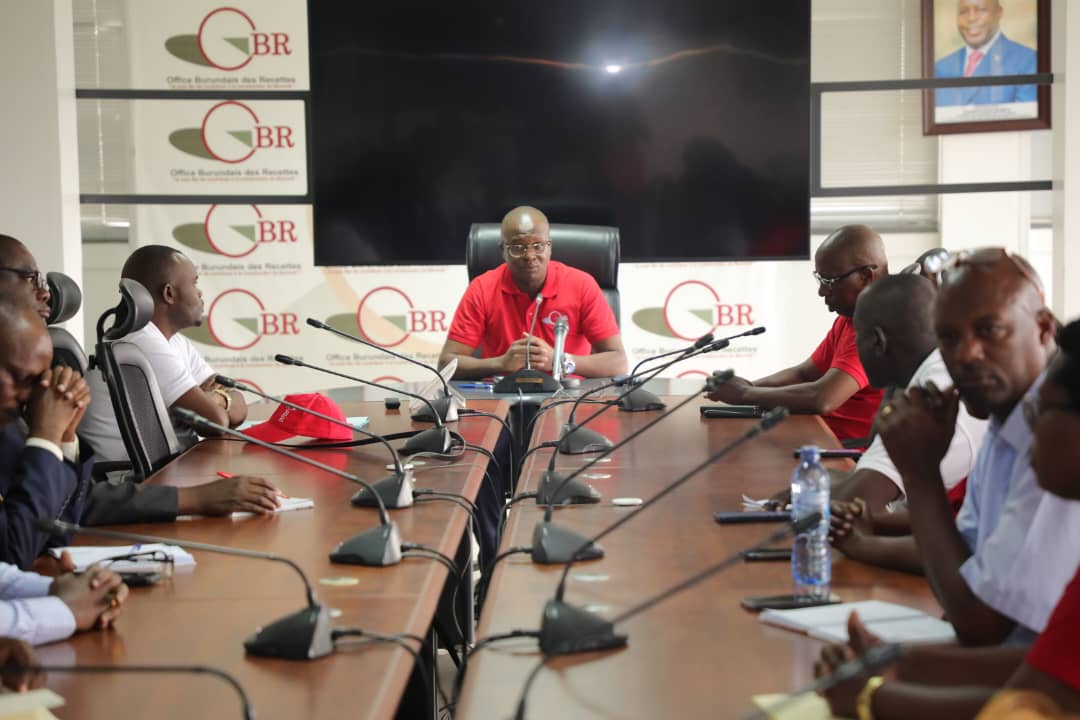Burundi’s Finance Minister, Nestor Ntahontuye, has sounded the alarm over the country’s significant tax revenue losses, revealing that the government is missing out on an estimated BIF 1.6 trillion annually due to the underuse of electronic billing machines by businesses.
Speaking earlier this week during a high-level meeting with provincial governors and security officials aimed at intensifying the fight against fraud, Ntahontuye attributed much of the shortfall to non-compliance with tax regulations, particularly the limited use of Electronic Billing Machines (EBMs), which are designed to ensure proper Value Added Tax (VAT) collection.
“We have already distributed over 3,000 billing machines, and since then, VAT revenue has increased by more than 30%,” said the Minister. “VAT contributes between BIF 400 and 500 billion to the national budget, which is nearly a quarter of our total tax revenue.”
Despite these improvements, Ntahontuye warned that a vast potential remains untapped.
“If businesses fully complied, VAT revenues could surpass BIF 2 trillion. That means we’re currently losing about BIF 1.6 trillion each year,” he said, emphasizing that these losses directly undermine public services and national development.
The minister’s remarks followed a recent crackdown by the Ministry of Finance on businesses in Bujumbura and other commercial hubs that failed to comply with tax requirements. He said that he and his team found that while some traders used EBMs correctly, others either lacked the machines entirely or underreported sales, issuing invoices for only a fraction of their actual transactions.
“It’s painful to see that what citizens pay in VAT doesn’t end up in state coffers to fund schools, hospitals, and roads,” said Ntahontuye. “Instead, it enriches dishonest traders who avoid proper invoicing.”
Burundi’s tax code mandates that any business with annual stock valued at over BIF 50 million must use an electronic billing machine. Non-compliant businesses face fines equal to 100% of the undeclared amount, while customers found with un-invoiced goods risk confiscation of their purchases and must pay a 20% penalty to reclaim them.
To address the issue, the Minister announced a nationwide effort to close compliance gaps. Within the next three months, he said, all eligible businesses will be equipped with EBMs.
“We will ensure every business that is supposed to have a billing machine gets one,” Ntahontuye stated. “Failure to use it will result in fines of up to BIF 500,000, and issuing fake or off-system invoices will attract a penalty double the invoice value.”
The government’s push for wider adoption of EBMs is part of broader efforts to stabilize Burundi’s fragile economy, increase domestic revenues, and reduce reliance on external funding. The Finance Ministry says it is determined to enforce tax laws rigorously to restore fairness and accountability in the business sector.
“We’re not just cracking down for the sake of punishment,” Ntahontuye concluded. “We’re building a tax culture where everyone contributes fairly — and no one cheats the system.”





Leave a comment